Chili peppers are often praised for their many health benefits, but what if you have high blood pressure? Is this spicy food safe to consume, or does it pose a risk for those with high blood pressure? In this article, we explore the benefits and possible risks of chili peppers for those with high blood pressure, providing helpful tips for conscious consumption.
Chili Pepper and High Blood Pressure: Proven Benefits
Chili peppers contain capsaicin , the compound responsible for their spiciness, which has been shown to have positive effects on the cardiovascular system. Here's how it can help those with high blood pressure:
- Vasodilator effect: Capsaicin can relax blood vessels, promoting better blood flow and helping to reduce blood pressure.
- Anti-inflammatory properties: Chili peppers fight inflammation, a factor often linked to cardiovascular problems, including hypertension. To learn more about the negative effects of chili peppers , see our dedicated article.
- Metabolism Booster: Consuming chili peppers can boost your metabolism, helping you control your weight, which is crucial for keeping your blood pressure in check.
- Lower Cholesterol: Preliminary studies suggest that chili peppers may help reduce levels of bad cholesterol (LDL), another risk factor for hypertension.
When Chili Pepper Might Not Be Suitable
While chili peppers may offer benefits, they are not without risks, especially for those with high blood pressure. Here are some situations where it is best to avoid or limit your consumption:
- Individual Reactions: Some people may be particularly sensitive to chili peppers and experience a temporary increase in blood pressure after consumption.
- Gastrointestinal problems: Those who suffer from gastritis or reflux should avoid chili peppers, as they can irritate the digestive tract and aggravate symptoms. Learn when not to eat chili peppers and their possible side effects.
- Drug Interaction: If you are taking medications for hypertension, consult your doctor before introducing large amounts of chili pepper into your diet, to avoid possible interference.
How to consume chili pepper safely
If you suffer from high blood pressure and want to include chili pepper in your diet, follow these tips to avoid risks and maximize the benefits:
- Moderation: Don't overdo it. Start with small amounts and see how your body reacts. Also read what chili pepper is good for to discover its many benefits.
- Variety: Experiment with different forms of chili pepper, such as chili pepper in oil or fresh chili pepper , to find the one that best suits your needs.
- Balance with other foods: Eat chili peppers with foods high in fiber and healthy fats, which can tone down their spicy effects and promote cardiovascular health.
- Consult a doctor: Talk to your doctor or a nutritionist to make sure chili peppers are right for your diet, especially if you take medications for high blood pressure.
Other benefits of chili pepper for the heart
In addition to supporting the control of high blood pressure, chili pepper offers additional benefits for cardiovascular health:
- Protection against heart disease: Capsaicin can reduce plaque buildup in the arteries, improving overall heart health.
- Regulating Blood Sugar Levels: Consuming chili peppers can help keep blood sugar levels stable, reducing the risk of diabetes, which is often related to hypertension.
Explore our products, such as chili peppers in oil and fresh Calabrian chili peppers , which combine tradition and quality to bring the best of Calabria to your table.

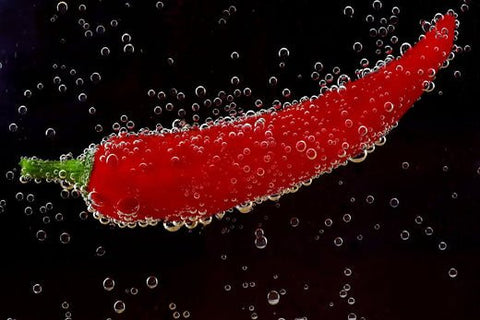


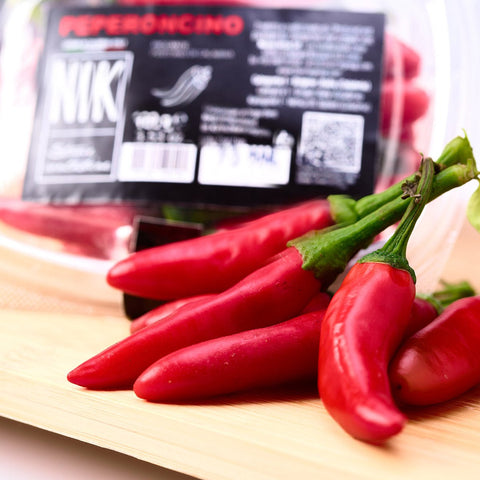
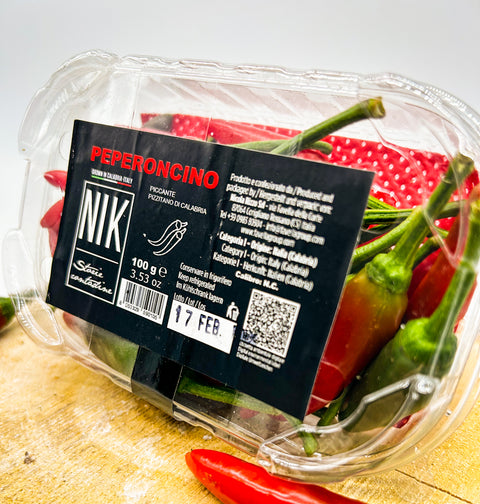
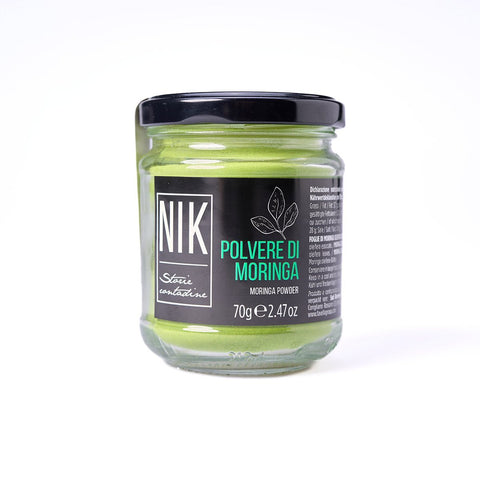
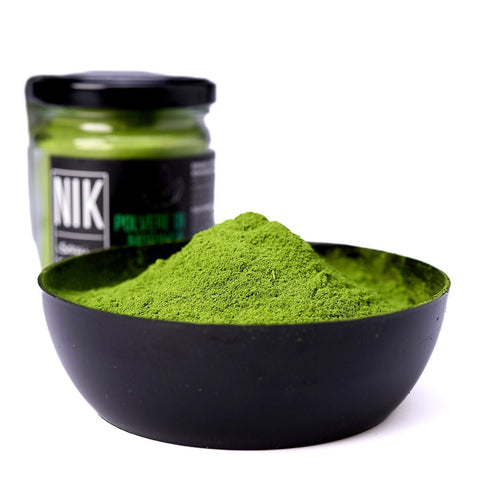
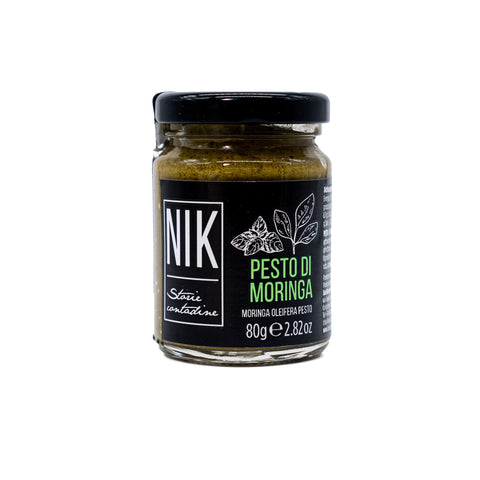
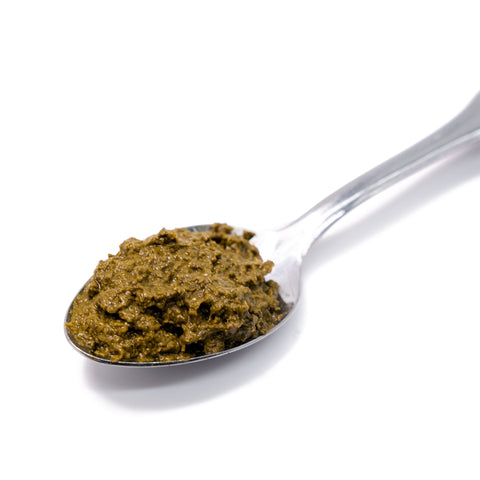
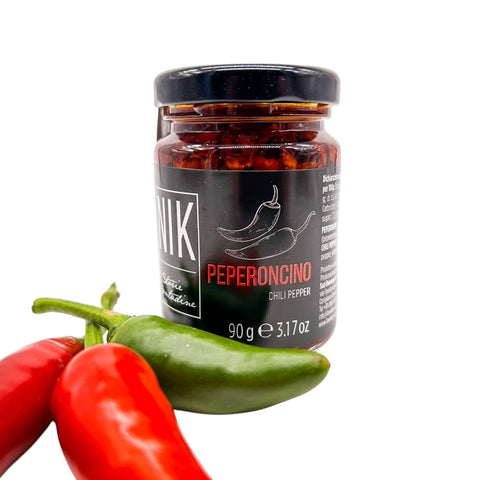
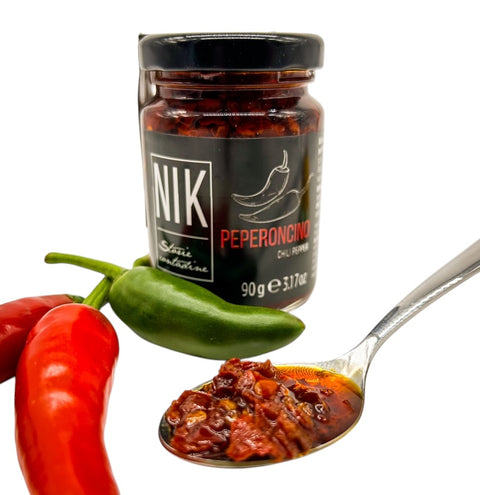
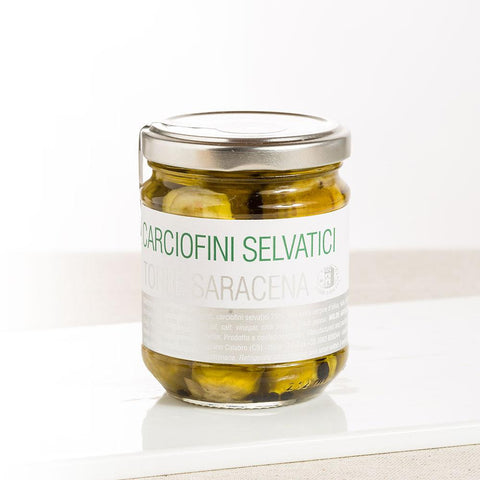
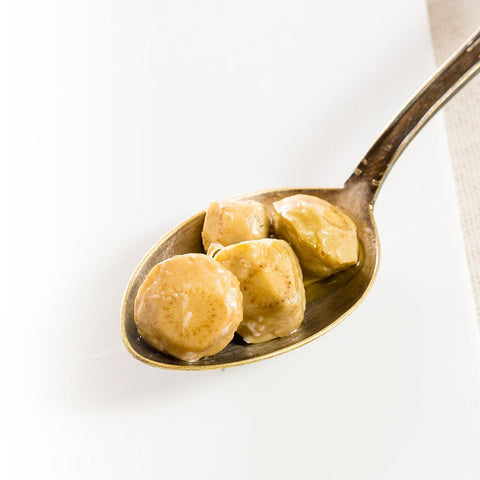
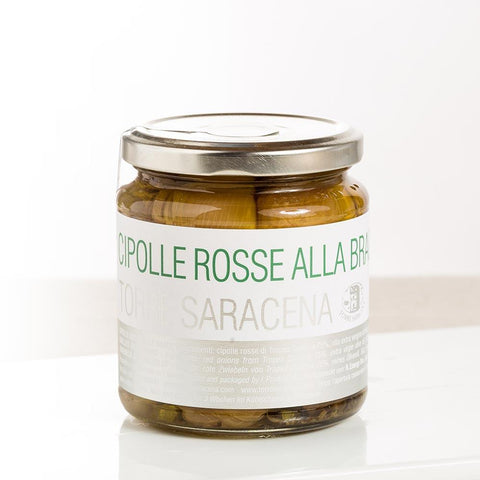

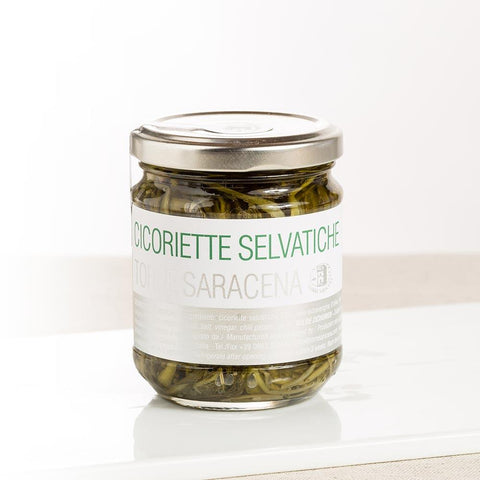
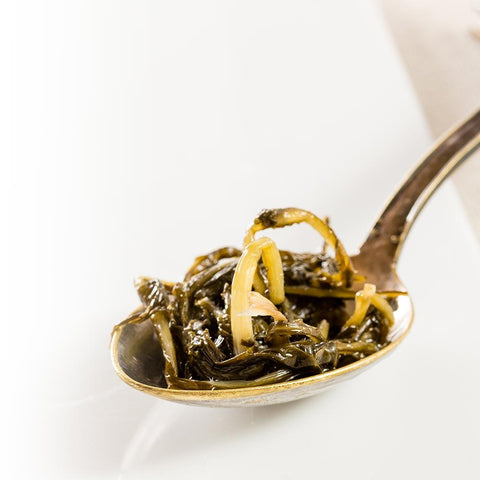
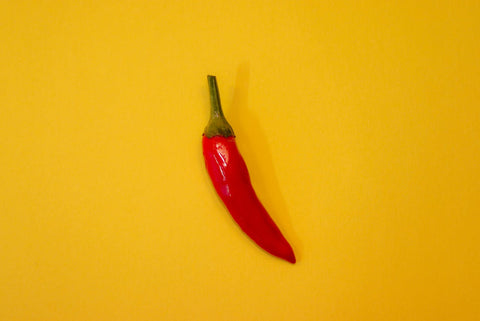
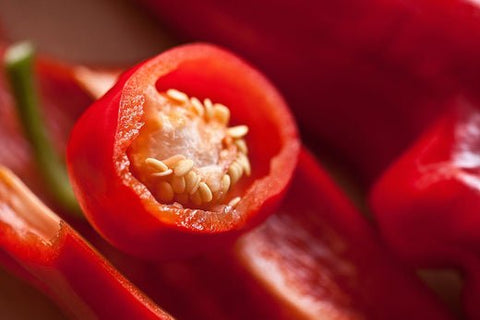
Comments (0)
There are no comments for this article. Be the first one to leave a message!